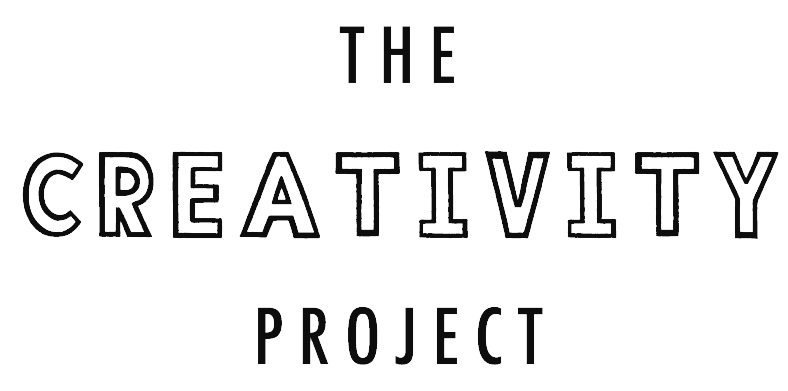Use Cardboard to Make Painting Easier in the Classroom
I woke up early this morning with back-to-school energy and noticed a stack of boxes piling up in our recycling area. In the busyness of the past few days in getting ready for the transition, we didn’t even break them down. I cut them into large, but manageable pieces for our long-term teacher partner Katy. This year, she wants to create systems and rituals that make easel paint with tempera possible during her playtime. Through our work together, Katy learned how capable her Kindergarteners were when she set up a system for independent access to watercolor. Now she’s feeling confident and ready to go a step further.
I suggested instead of newsprint or butcher paper, she start with sheets of cardboard at the easel. Why? It’s free and abundant and sturdy! It never rips like easel paper, and it is actually quite absorbent. All these qualities make it the perfect choice for beginning painters. I bet we could get a stack of 100 easel-sized sheets prepared in less than 30 minutes with our favorite trusty cardboard cutter.
What else would make easel painting easier? Bar’s favorite trick of adding white tempera to any of the primaries makes the paint thicker, more opaque, and stand out on the brown cardboard. You could print a set of labels of each child’s name so they can slap a sticker on the back of their work before even beginning.
Add a bit of white paint to every jar of paint to create more opaque, vibrant colors.
This child used paint to attach cardboard shapes to a larger piece of cardboard at the easel, working carefully and finding deep focus and flow.
Get in the habit of sending these cardboard creations home daily. Or cut unclaimed works into smaller cardboard shapes for collaging and constructing on collaborative cardboard bases clipped to the easel. Say that 10 times fast!
Do you need help reimagining your classroom as a hub of creativity where children share ideas and feel seen, known, and celebrated? Learn more about our Materials Matters course and Professional Learning Workshops and transform your creative practice today.



